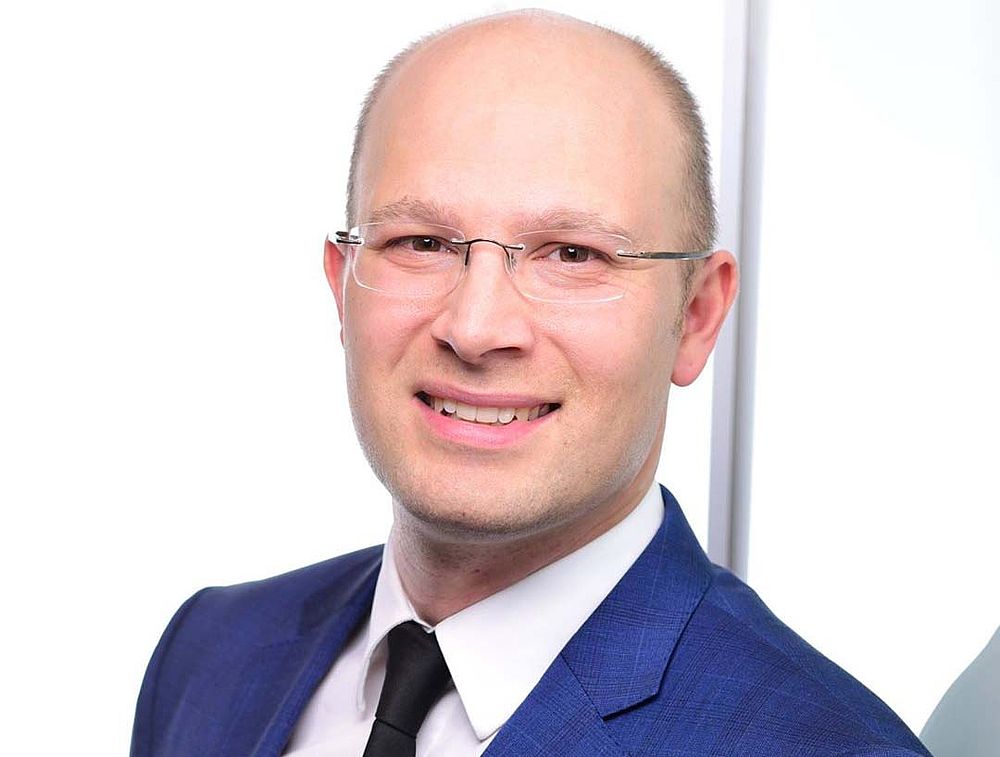Former GHI research fellow Mischa Honeck discusses new professorship in Kassel and research in the era of COVID-19
August 11, 2020
As part of our alumni series, we sat down with former Research Fellow Mischa Honeck for a short interview. His research interests include transnational history, and the history of the United States in global perspective; the history of childhood and adolescence; the history of race and ethnicity; and gender history.
While he was at the institute he focused on researching his habilitation project, “Our Frontier is the World: An Imperial History of the Boy Scouts of America.” He completed the habilitation at the University of Heidelberg in 2016 and it was published by Cornell University Press in 2018. Earlier this year, he was awarded a chair at the University of Kassel as a Professor of American and British History. We talked to him about his new position, his future research agenda, and the current situation.
- Can you tell us more about your new position at the University of Kassel? What will your focus be with respect to your research and teaching?
The professorship provides me with a unique opportunity to examine the history of the Anglo-American world in larger transatlantic, transpacific and ultimately global contexts. My guiding premise is that the histories of the United States, Canada, and Great Britain cannot be understood separately from one another. Highlighting various reciprocities and their relationship to a wider world will inform my teaching as well as my research agenda in Kassel. I consider both to be of equal importance.
- After the publication of “Our Frontier is the World,” what is the next research project that you’re working on?
I am currently in the midst of a book project that deals with ideas and practices of anti-aging throughout U.S. history. My goal is to tell this story from the founding period to our present moment, but not without revealing its darker side: “rejuvenation,” now in vogue again, has often fostered grand expectations before collapsing in division and despair. At the same time, I look forward to developing two additional research projects in Kassel. The first explores instances of child activism in the British and American empires; the second appraises how a history-of-emotions approach, with a particular focus on anger, can enrich our understanding of the history of democracy in the United States.
- How has the pandemic affected your academic and personal life, and what perspective does being a historian provide on the current situation?
Like many of my colleagues, I was forced to postpone archival trips and cancel academic events due to the coronavirus crisis. I’m confident our profession will profit in the long run from the “kill-or-cure” remedies in all matters digital. But juggling family life, everyday professional duties, and long-term enterprises has been anything but a cakewalk. We are living through a paradigm shift which will have outcomes hard to foresee. If anything, it should make us all the more humble when it comes to judging our historical actors, who were often struggling to adapt to rapidly changing circumstances in their own times.
